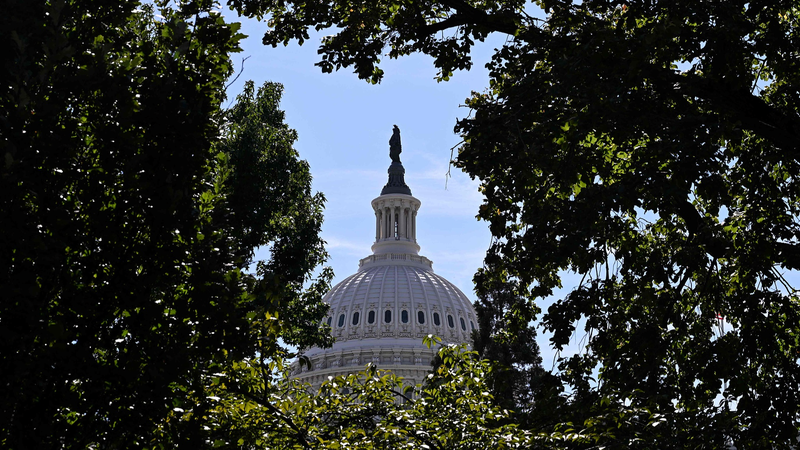This week, the U.S. federal government entered its first shutdown in nearly seven years, a stark reminder of how fragile budget politics can leave real people waiting in the balance. When lawmakers fail to pass a funding bill, federal agencies run out of money, forcing hundreds of thousands of workers into furlough or unpaid work.
Since the modern budget process began in 1976, the U.S. has faced more than 20 shutdowns of varying length and severity. The 35-day gap of 2018-2019 remains the longest, with around 800,000 federal employees affected and an $11 billion hit to GDP—nearly $3 billion of which was never recovered.
Behind these headline figures are families juggling bills, travelers stuck waiting for passports, and digital nomads relying on U.S. data centers facing delays in key services. Surveys during past shutdowns found that almost 80 percent of federal workers lived paycheck to paycheck, so even a short lapse can push them into debt.
Essential services like airport security, food inspections, and national parks often slow to a crawl. Passport offices delay travel plans for global adventurers, while tax refund backlogs create financial headaches for millions. In a world where mobility and remote work are norms, these disruptions have ripple effects far beyond U.S. borders.
Financial markets also feel the shock. During the last extended shutdown, economic data releases were delayed, leaving investors and policymakers guessing. The Bureau of Economic Analysis held back GDP updates and the Department of Agriculture postponed farm reports. With interest rates on the rise after 11 hikes since early 2022, any data blackout adds fresh uncertainty.
At its core, the shutdown shines a light on how ideological divides over healthcare, immigration, and spending priorities can turn the federal budget into a political battleground. While checks and balances are vital, they sometimes lead to stalemate, costing both people and global markets in a highly interconnected economy.
For young professionals, entrepreneurs, and travelers worldwide, the lesson is clear: even decisions made in Washington can have personal consequences from paychecks to passports. As the standoff continues, the human and global stakes remain high, waiting for leaders to find common ground before the next funding deadline hits.
Reference(s):
U.S. government shutdown: The human face of a political stalemate
cgtn.com




